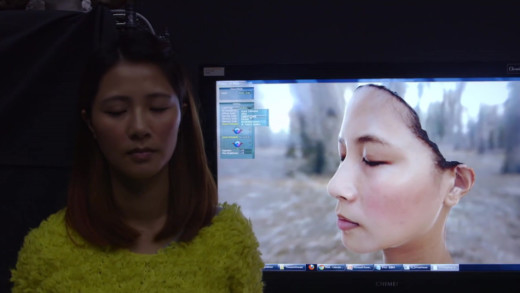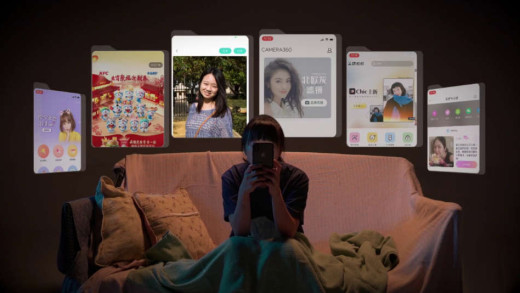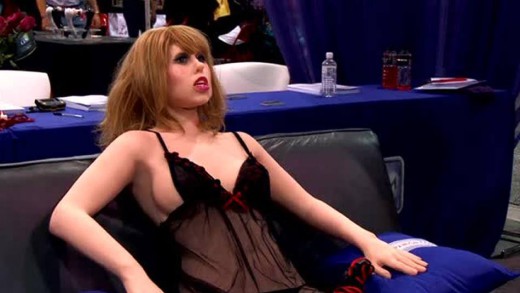We live in an absolutely saturated media environment of images that span 'real' and fake—whether it's newspaper and tabloid photos, journalism itself, art and culture, or the human body. Images claim to be hardly distinguishable from the originals, while the virtual world is increasingly becoming 'seamless' in the real world. Kids today see a Clown Fish but instead impose their imagery of Finding Nemo. People interact with machines more than they do living beings. The narratives imposed by this technological and media culture are fast seeking to entirely replace the real world with a simulation of it. So what does that mean for the truth? The Industry of Fake explores the shifting boundaries and inequality in journalism and in art, as well as providing a basis to question this culture's fascination with simulacra—a process of mimicry mediated by images that represents the real thing, but is not the real thing. What does it mean if we value our projections or stories about the thing as opposed to the thing in-and-of itself? What does this mean in the real world if we come to value our simulations or representations as more authentic things as opposed to copies or toxic mimics?
Facing Beauty examines the explosive growth of the plastic surgery industry, by looking through China's beauty obsession and the social media influencers that are driving its mindset. A mobile app has captured the population by promoting an "ideal ratio in human facial features," where users' faces are assessed and given a score. The app then draws up plans for surgeries to lower that score, referring users to endorsed clinics, driving both non-invasive and invasive surgeries and procedures. Now, demand for those procedures is so widespread among the country's youth population, it's estimated the industry will be worth US$200 billion by 2030. This growth in the industry has led to an expansion of 'beauty' institutions that employ staff without adequate medical qualifications or protections, and even though some procedures have been banned and the negative health impacts shown, demand continues to increase at fever pitch.
Meet Roxxxy, the world's first "sex" robot, and the strange men who've been yearning for "her" as an obedient android "sex partner." Roxxxy's inventor, Doug, is working on finely tuning the robot to be the perfect android sexual "companion" and has a queue of men eagerly awaiting a one night stand with it to test the technology of their fantasies. But how did this come about? My Sex Robot follows the lives of three men in attempt to find out. Delosian remembers from the age of 13 watching Bionic Woman and Six Million Dollar Man and it blew his mind. What he saw triggered his view of an ideal woman. Kaiso speaks of a similar experience sexualising mannequins from department stores. But for Edward, robot sex as already arrived. He has found it by converting his real-life girlfriend into a robot simulation. All these men speak about the power, control, predictability, and obedience that sex robots bring, as opposed to relationships with real human beings. As a result, My Sex Robot presents a startling reality of emerging technologies with already-existing myriad sociological and psychological implications.


